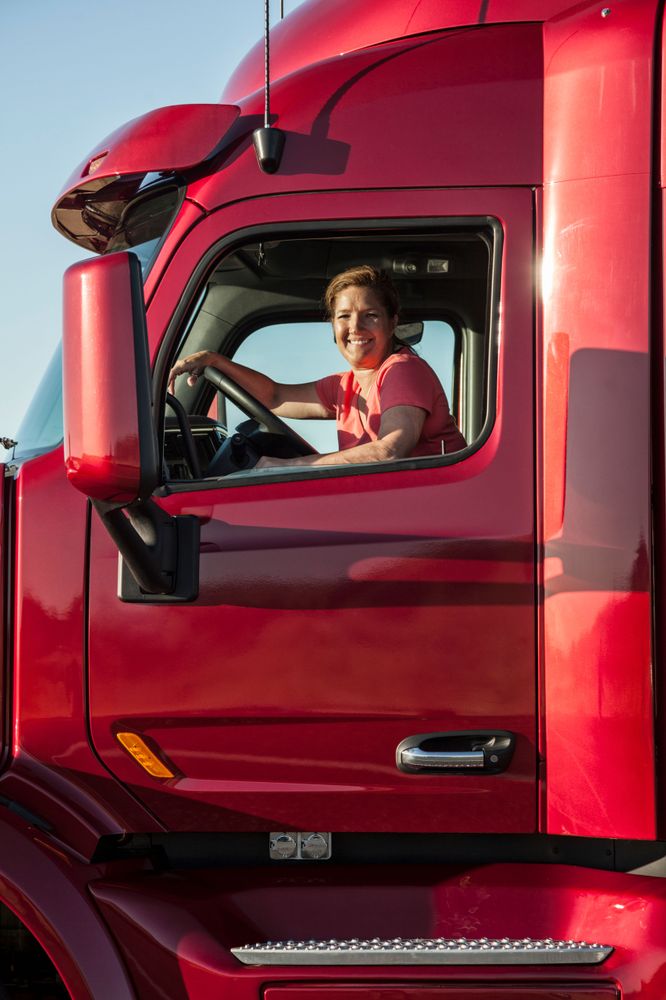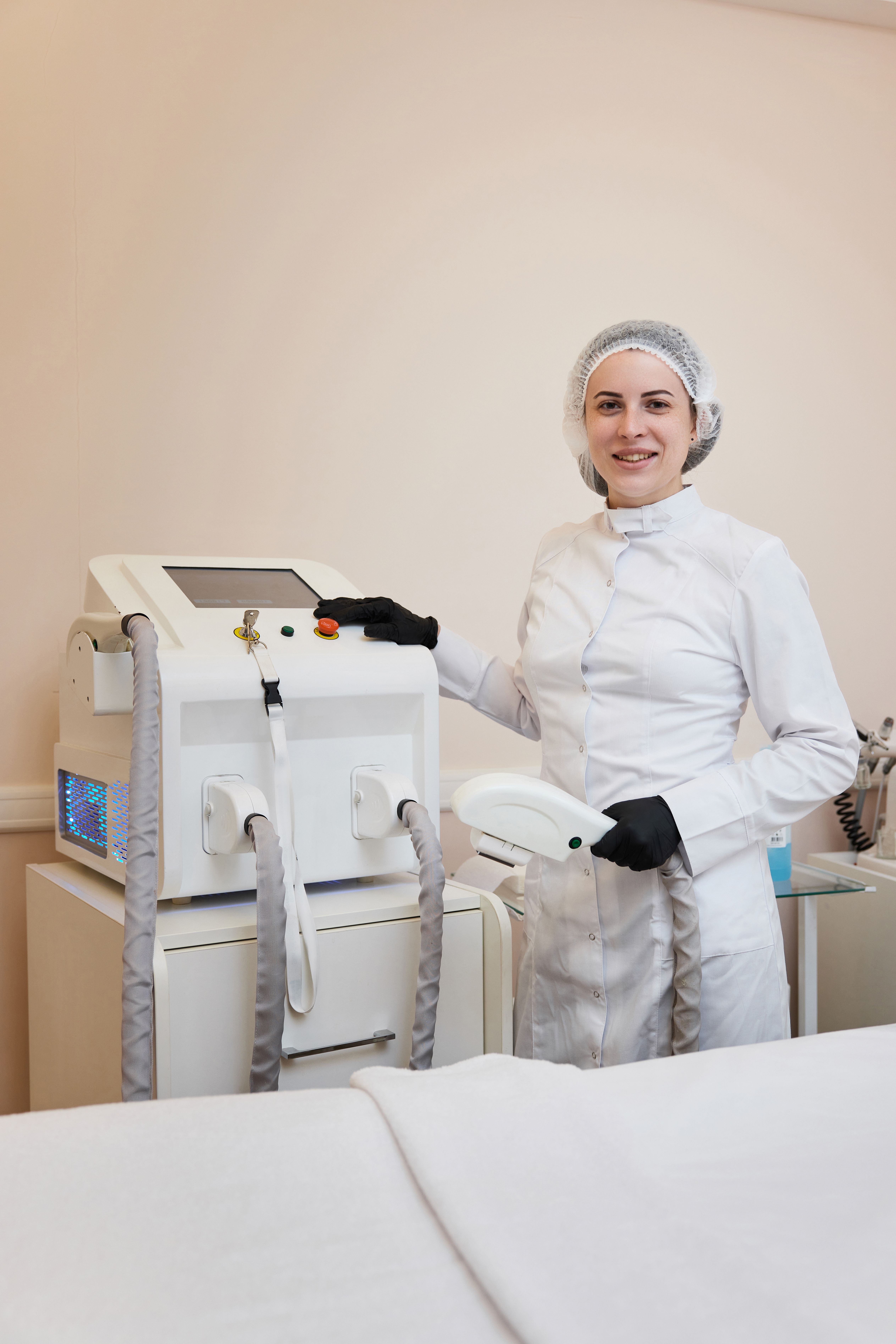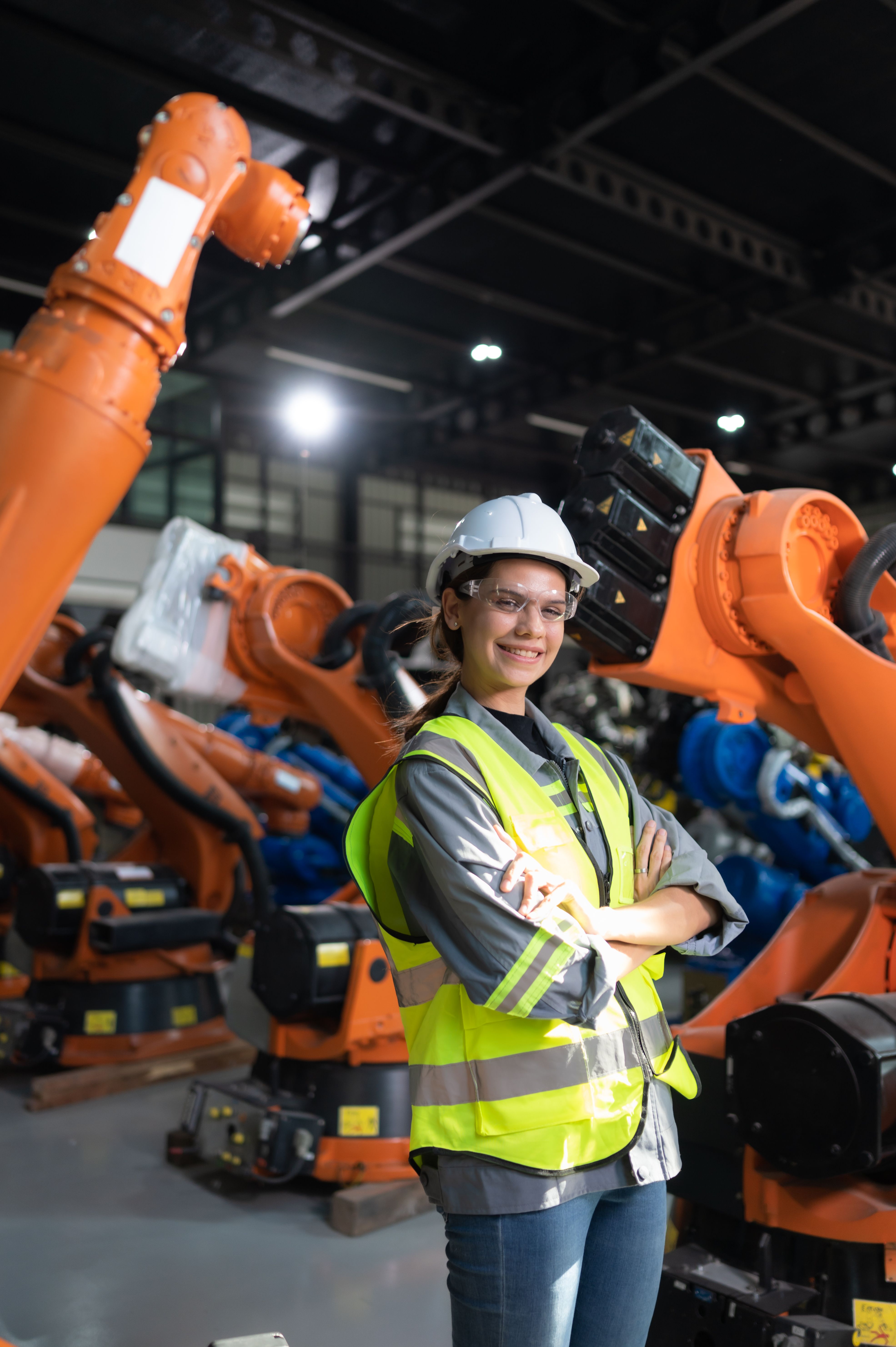Best Equipment Finance Rates 2026 - Get Up To $20m
Securing the best equipment finance rates lets you review options from 80+ lenders to get funded from $5k to $20M in as little as a single business day.

Secure Your Equipment In As Little As One Business Day
Start Your Application
Fill out a quick questionnaire so we can understand your unique situation and provide a quote. This is 100% Free.
LendIQ™ Optimises Loan
Our LendIQ™ technology assesses 80+ options for you and gets you the best deal with the highest first application approval chance. This comparison won’t affect your credit score.

Receive Funds In Hours
If the product suits you, confirm by phone and get approved and funded in as little as one business day.
Why Compare Business Loans with Lend?
Our smart technology and expert team save you time, protect your credit score, and find you a great deal on business finance.
Trusted by Aussies
With over 50,000 loans funded and an 'Excellent' 4.8/5 rating on Reviews.io, we are one of Australia's most trusted platforms for securing business finance.
Free to use
Our comparison service is 100% free. Our mission is to help Aussie businesses find their lowest interest rates.
Safe & secure
Our process does not affect your credit score at all. It's safe to compare with us.
Compare Low Interest Rates for Your Equipment
Explore competitive equipment finance rates from over 80 Australian lenders. Our data is constantly refreshed, ensuring you see the most current loan options. We display all loans from our database (and we aren't paid for placement). Get the finance you need faster by checking your personalised rates from our lender panel. Simply hit ‘Compare Now’ and we’ll do the work for you.
$
No results found for the selected filters.
Why Businesses Trust LendIQ™ For Finance Success
Join thousands of successfully funded Australian businesses.
50,000+
Loans Funded
4.8/5 ⭐️
Excellent on reviews.io
Insight: The Biggest Roadblock to Financing Isn't Your Business, It's the Bank's Process
“Traditional financing creates unnecessary hurdles for businesses that need essential equipment. The slow processes and uncertain outcomes are not a reflection of a business’s strength, but a system that is not built for speed. Growth without delay requires sidestepping these legacy systems.”
Andrew Beckett, Head of Broker and Third Party Distribution
Ready To Grow Your Business?
Your business needs crucial equipment. Get it without friction, boosting your bottom line fast.
Our promise: no credit score impact
An Expert Guide to Securing Business Equipment Finance Loans
This guide explains how machinery finance works, what lenders look for, and the strategies you can use to secure the best rate for your business equipment loan.
Updated: 01/12/2025

The Australian Equipment Financing Landscape
Based on our platform data, Australian businesses are investing heavily in new equipment to drive growth. Understanding the finance market helps you make smarter financing decisions for your next equipment purchase, particularly in the growing small to medium enterprise finance sector.
$113,322
Average Amount Requested
Top Industries Financed
Transport & Logistics, Construction, Hospitality, and Manufacturing
4.4+ Years
Average Trading History
Equipment Finance: Do You Qualify?

The first question is always: "Can I get approved?" The good news is that getting approved for equipment financing is often more flexible than standard bank loans. Lenders in this space focus on the item's value and your ability to generate revenue with it. Below are the baseline criteria most institutions look for.
- Active ABN/ACN: Your business must have an active ABN/ACN registration and be operating in Australia. We can assist businesses from startups to those with decades of trading history.
- GST Registered: Most lenders require your business to be registered for GST.
- Business Financials: While some low-doc options exist, most applications will require evidence of business income.
- Minimum Credit Score: A director's credit score of around 400 is generally the minimum required.
- Business Use: The equipment must be used for business purposes more than 50% of the time.
How a Finance Lease & Other Loans Work

Equipment finance allows a business to get items without the large upfront cost. Instead of using your working capital, a lender covers the purchase price, and you make regular repayments over a fixed term. These are typically fixed rate loans to provide your business with budget certainty. The equipment itself usually acts as security for the loan, leading to more competitive interest rates. This structure is designed to get productive assets into your business and earning revenue immediately, while you pay for them over time from the income they help generate with low interest rates.
Key Features
- Borrow from $5,000 to over $20,000,000
- Loan terms from 3-7 years
- Buy from a dealership, auction, or private sale
- Interest rates starting from 6.99% p.a. based on the asset and your business profile
- Weekly, fortnightly or monthly repayments to suit your cash flow
- No-deposit options available, with the option to include a balloon payment
What Affects Your Final Interest Rate
The advertised "from" rate is a starting point; your final rate is based on an assessment of your business's financial health. Key factors include the item type (primary items like trucks get better rates), your business profile (a long trading history and being a homeowner helps), your credit history, and the seller (dealer sales are preferred over private sales).
The Main Fees On This Commercial Loan
Beyond the interest rate, be aware of the standard fees with commercial vehicle finance. A good equipment finance broker will ensure these are transparent from the start. The main fee to know about is a potential early termination fee. If you plan to pay out the loan before the end of the term, some lenders charge a penalty. Other costs can include a small application or establishment fee, which will be disclosed to you upfront.
Your Equipment Finance Questions Answered

The "best" way depends on your goals. A chattel mortgage is best for tax benefits and ownership of assets that hold their value. A lease can be ideal for managing cash flow and regularly upgrading equipment that becomes obsolete, like technology. A finance specialist can help you decide.
Not always. Depending on your business profile and the asset being financed, no-deposit equipment loans are available, allowing you to finance 100% of the purchase price. This allows you to preserve your working capital for other business needs.
Yes, it is possible. Many specialist lenders focus more on the strength of your business's cash flow and the value of the item being purchased. A strong application can often overcome past credit issues.
The process can be very fast. For prepared applicants, conditional approvals can be secured in 24-48 hours. From final approval, funding can occur in as little as 24-72 hours, with same-day outcomes possible in ideal circumstances.
Absolutely. You can finance both new and used equipment. Many financiers specialise in funding quality second-hand machinery and other items, from agricultural equipment to commercial trucks.
Yes. We can fund businesses from their very first day of trading. Unlike traditional banks, many of our lenders focus on the business plan and the asset's potential rather than requiring a long trading history.
3 Steps To Apply For Finance And Get Approved Faster
1. Prepare Your Business Documents
Before approaching a lender, gather key documents. This usually includes your ABN/ACN, driver's licence, and recent business bank statements. Having this information ready shows you are organised and serious.
2. Compare Lenders and Loan Options
Do not accept the first offer you receive. It is wise to assess options from different lenders, including major banks and specialist non-bank lenders. A broker can help you find the most suitable loan structure and rate.
3. Submit and Finalise Your Application
Once you have chosen a provider, you or your broker will submit a formal application. If approved, you will receive loan documents to review and sign. The institution will then work with you to pay the seller so you can take possession of your equipment.
Should You Opt For A Balloon Payment With Your Equipment Finance

A balloon payment can seem daunting, but it significantly lowers your monthly repayments and improves cash flow. A balloon is a lump sum payment at the end of your loan term. For example, you could be looking at repayments of $800 per month with a balloon versus $1,000 per month without one. That extra $200 per month could be meaningful for a business's operational cash flow. With a balloon payment, a business may be able to comfortably afford a new item without putting unnecessary strain on finances.
Helpful Finance Tools
More Answers About Financed Equipment

Yes, though some institutions may charge an early exit fee. This is a crucial point to discuss with a finance specialist, who can find lenders with flexible terms if you anticipate paying the loan off ahead of schedule.
Yes. Before a lender will release funds, you must provide a certificate of currency for an insurance policy covering the financed equipment for its full replacement value. This protects both you and the provider.
Yes, and it is highly recommended. A specialist can arrange pre-approved equipment finance, which gives you a firm budget and allows you to negotiate with sellers like a cash buyer.
While you would typically have a separate finance agreement for each major item, a finance specialist can discuss arranging a single, streamlined application process or a pre-approved 'Master Limit' for future purchases.
With a finance lease, the financier owns the item and you lease it for a term, with options to purchase, return, or continue leasing at the end. With a hire purchase, you are hiring the item to own it, and ownership automatically transfers to you after the final payment.
An initial enquiry or using a comparison service should not affect your credit score. However, submitting a formal loan application will result in a hard enquiry on your credit file, which can have a small, temporary impact.
Yes, many providers will finance equipment from a private seller. The process is streamlined by our team, which handles verification of the seller, checks for existing finance on the item, and ensures the equipment is in good working order.
What Happens After Your Equipment Loan Is Approved
Once a financier has formally approved your loan, they will send you the loan agreement to be signed electronically. The final step is to provide the insurance certificate for the item. As soon as they receive both the signed documents and proof of insurance, they instruct the institution to transfer the full purchase amount directly to the seller. The moment the seller confirms the funds have been received, the equipment is officially yours.
Andrew Beckett is a finance executive with extensive Fintech expertise. As Head of Broker and Third Party Distribution at Lend, he fostered key partnerships, including COG aggregation and CAFBA. With prior sales roles in various fintech and finance companies, Andrew has been instrumental in transforming Australia's financial market, shaping new lending practices in the commercial lending space.
Andrew Beckett, Head of Broker and Third Party Distribution
Phil Druce leads the company’s technology and operations. With 20 years of experience in technology businesses, Phil has consistently driven growth through strategic planning and execution. Since 2016, he has been dedicated to creating technology-driven products and services at Lend, optimising processes, and delivering outstanding client experiences.
Phil Druce, Chief Operations Officer
Recent Articles
You might also like
Stories From Successful Equipment Finance

1. 48-Hour Deadline: Urgent Funding for a Prime Mover
Industry: Transport
Problem: A transport company needed to finalise the purchase of a crucial truck and trailer set but was given a strict 48-hour settlement deadline by the dealership. Traditional finance processes would have been too slow, putting the entire deal at risk.
Asset: A $200,000 2020 Mercedes-Benz Actros 2658 6X4 Prime Mover and refrigerated trailer.
Outcome: We secured a full approval on the same business day the application was submitted. Settlement was processed the following day, perfectly aligning with the client's deadline. They drove the assets away immediately, ready for work, having secured a flexible 5-year term with low exit costs.

2. Funding a Vision: A Complex Fitout for a Second Store
Client Profile : An established restaurateur expanding their successful business.
Problem: The client needed to fund a $125,000 fitout for their new location. The challenge was securing finance for a future venture based on their existing business's performance, especially as the costs included difficult-to-fund soft assets like contractors, wiring, and painting.
Outcome: We structured a specialised low-doc solution that recognised the strength of their existing operation. We achieved a full approval in just over 24 hours, with the funds settled within three business days, allowing the expansion to proceed seamlessly without the typical lender roadblocks.

3. Overcoming a Rejection to Fuel Growth
Industry: Manufacturing
Problem: An established manufacturer was declined by their main finance partner for essential equipment due to an existing ATO debt. This decision jeopardised their ability to fulfil new contracts they had recently won.
Asset: Multiple commercial 3D printers totalling $175,000.
Outcome: We looked past the ATO position and sourced a specialist approval. We successfully secured the finance on a 3-year term with a 20% balloon payment. This allowed our client to not only start their new contract on time but also improve efficiency and create new upselling capabilities with their existing clients.
The Lend Advantage








See Your Competitive Rate in Minutes
Get a fast decision without affecting your credit score. Enter a loan amount to review personalised options from 80+ lenders instantly.
Our promise: no credit score impact



